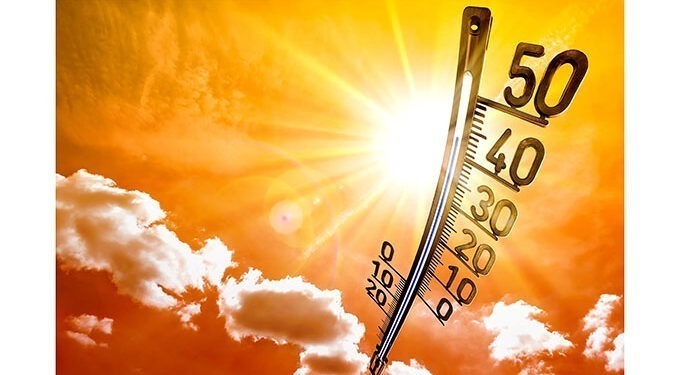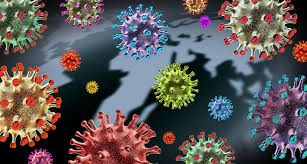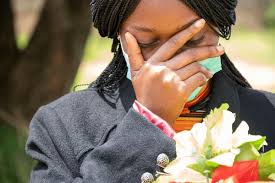HEALTH experts have warned of life-threatening illnesses, including deadly heat stroke due to the extreme temperatures being recorded in most parts of the country recently, as they urged members of the public to stay hydrated among other precautionary measures.
Medical experts have said drinking alcoholic beverages, caffeinated and sugary drinks is also discouraged as it contributes to dehydration.
Temperatures have been steadily increasing in most parts of the country with rains remaining elusive, dampening prospects for farmers amid depleting pastures for livestock and drying dams, especially in the southern region.
The dry spell, a reflection of the El Nino weather conditions where below normal to normal rainfalls were predicted for the 2023/24 rainy season, has created anxiety among the farmers and the public alike, causing drought fears.
Environmental experts have linked adverse weather patterns to greenhouse gas-induced climate change, which results in extreme weather patterns, including droughts.
The conditions are, however, expected to remain changing and unpredictable until more rains are received.
In an interview yesterday, Bulawayo City Council health services director, Dr Edwin Sibanda-Mzingwane said the public should avoid direct exposure to sunlight as it may increase dehydration levels.
“So, instead of trying to measure the number of litres you drank, just check the colour of your urine,” said Dr Sibanda-Mzingwane.
Another medical health expert, Dr Misheck Ruwende, said the effects of the heat could be mild to severe.
“The implications can be as mild as just headaches and I’m sure a lot of people are having headaches due to this weather,” he said
“You can have heat rash, heat burn going up heat cramps. You can also experience life-threatening ones for example heat stroke and heat exhaustion.
“So, we encourage people to drink water as much as possible. They should avoid alcohol, caffeine, and sugary drinks because those types of drinks make us lose water. We have to be as hydrated as possible,” said Dr Ruwende.
He said motorists should avoid leaving the vulnerable and pets in a closed car as the heat can cause their deaths.
“The public should avoid leaving children, the elderly, and pets in the cars because the car can quickly heat up even if the windows can be slightly opened.
“You might have heard of children who died after being left in the car. That is a big problem and it can easily happen and we must never leave the elderly and minors in cars,” said Dr Ruwende.
“The people who are at higher risk and the elderly, people suffering from asthma and heart diseases. Their symptoms can be exacerbated by the heat and they have to stay away from heat as much as they can.”
He said the public should plan their outdoor activities in the morning and evening when the temperatures have reduced. From a nutritional point of view, members of the public have also been encouraged to eat vegetables including watermelons, which are 92 percent equivalent to water. Dr Ruwende said some of the vegetables to be consumed include cucumbers, peaches, and lettuce.
The high temperatures have resulted in some individuals claiming that some villagers in Matobo and Binga districts had collapsed and died due to the heatwave. However, the reports have been dismissed as fake.












